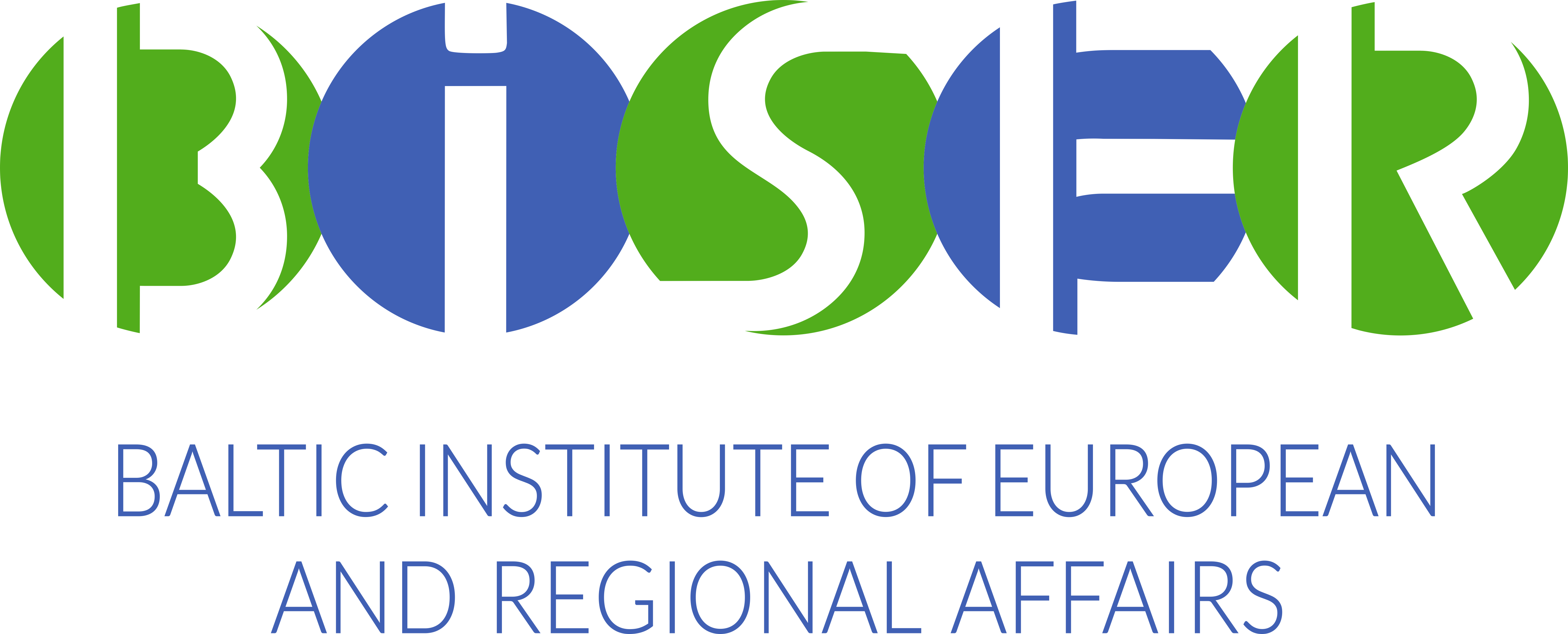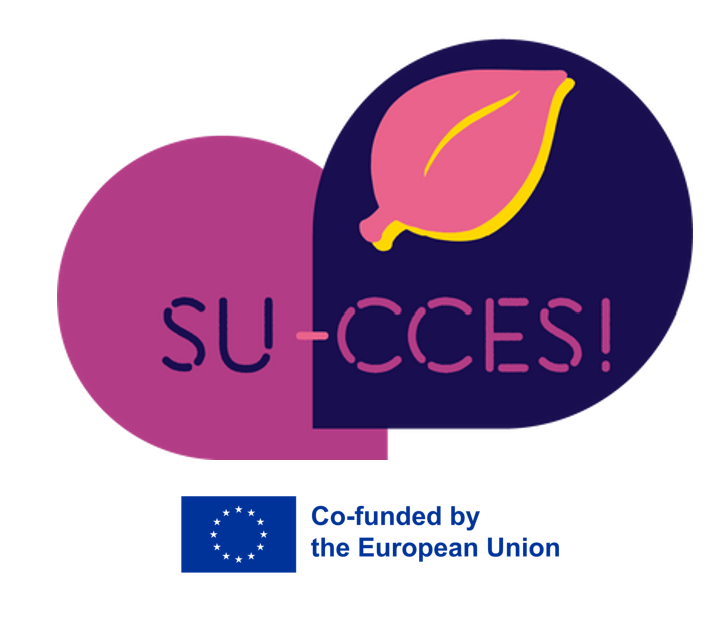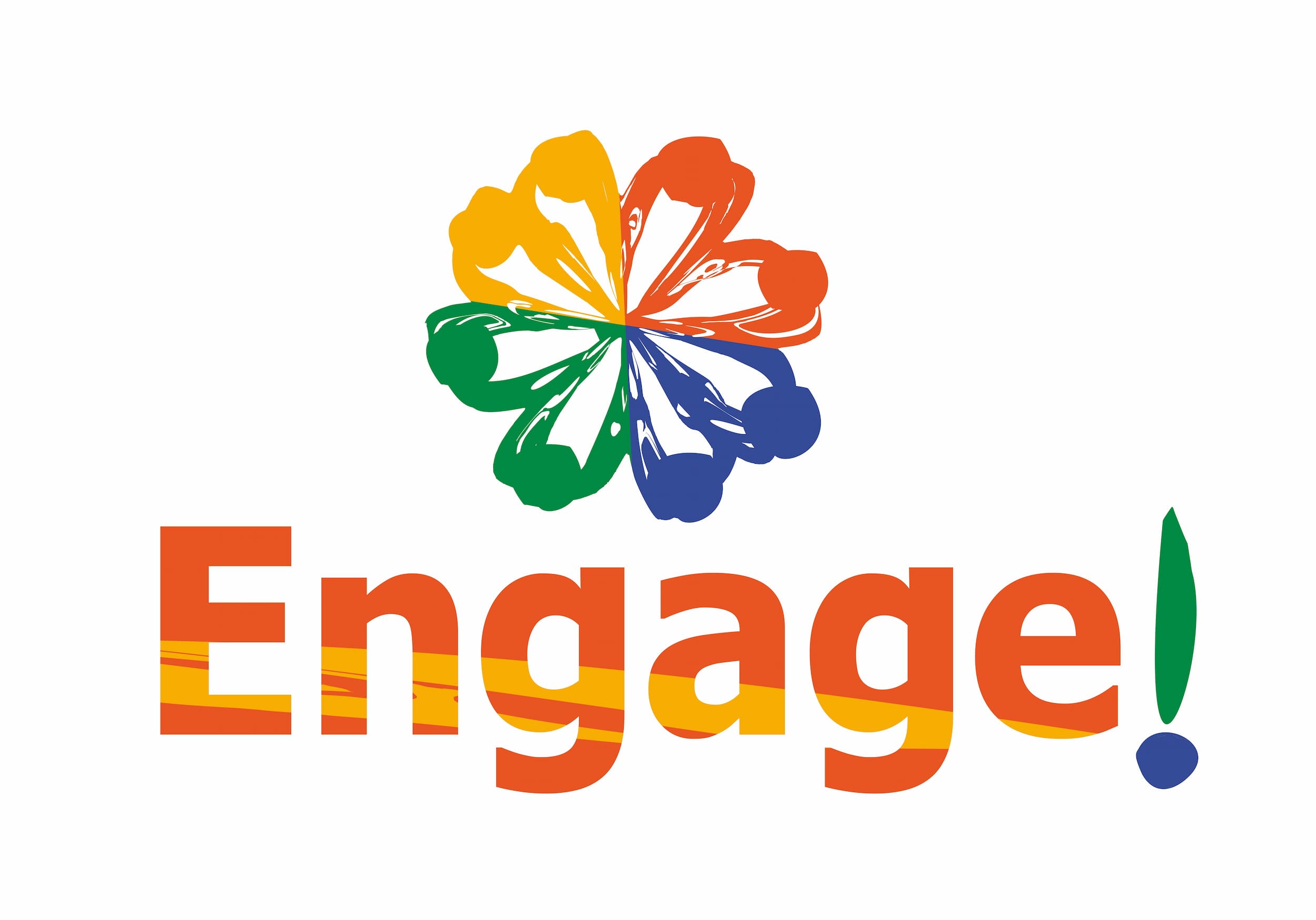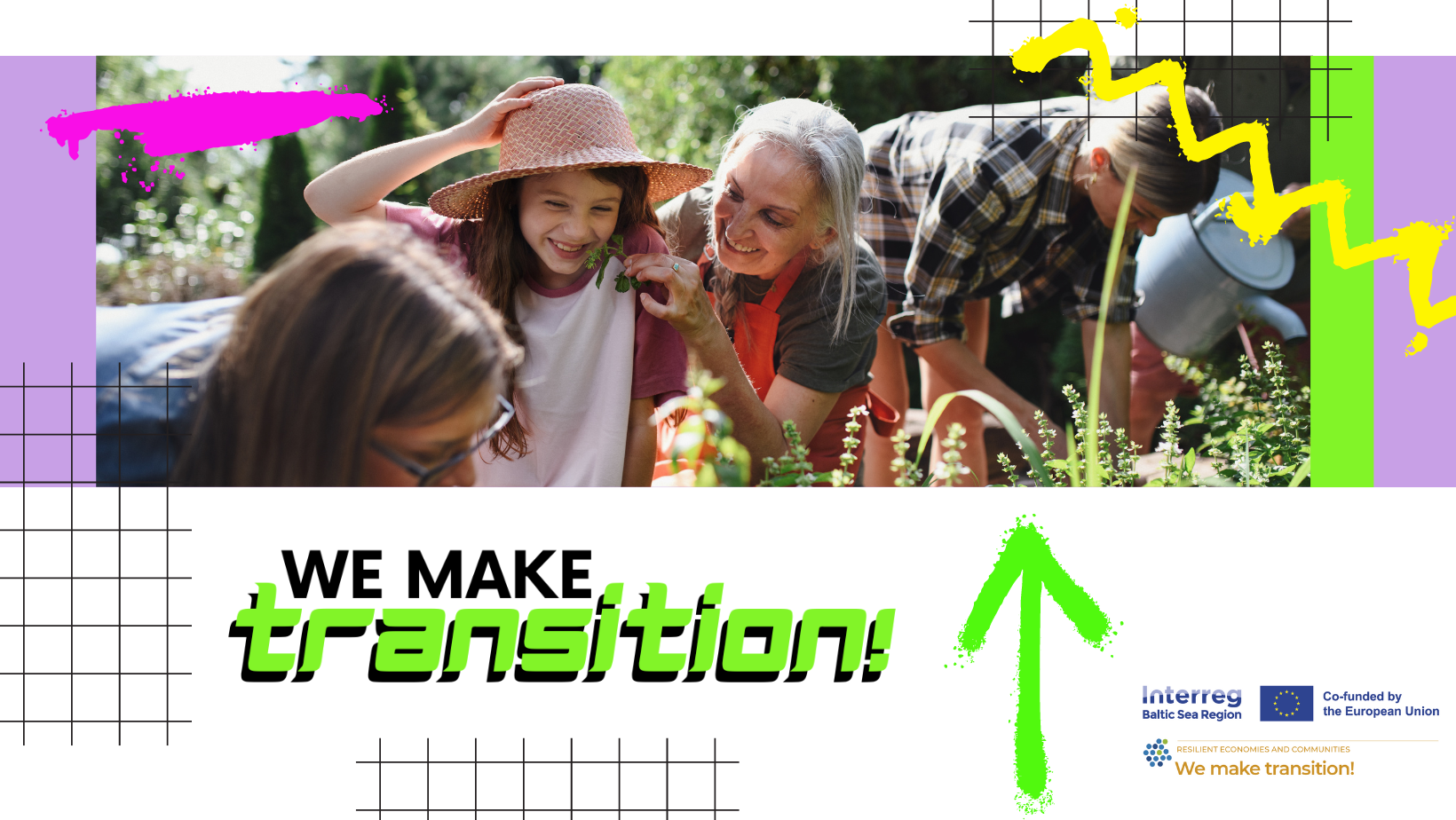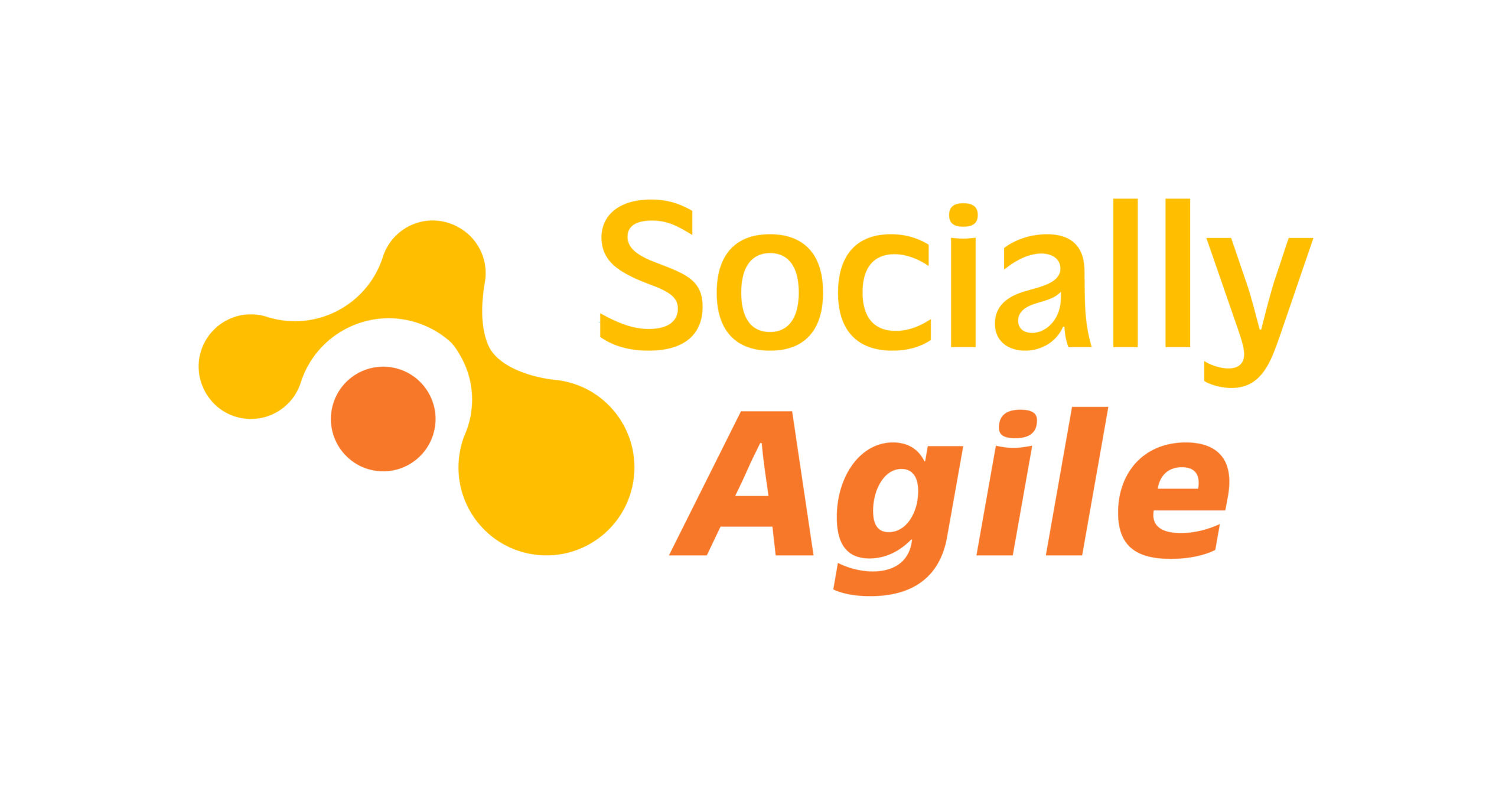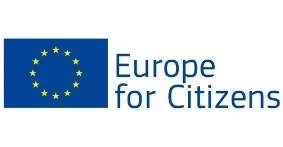Baltic Institute for Regional Affairs BISER (Bałtycki Instytut Spraw Europejskich i Regionalnych) was established in 2001 as an organization clustering the representatives of science, public sector and business parties willing to co-operate in the field of European integration, sustainable development and strengthening cooperation links within the Baltic Sea Region.
BISER works in close cooperation at the local level with the University of Gdańsk, Gdansk University of Technology and Ateneum Higher School, representatives of local authorities and the NGO sector focused on the development of the local community.
The BISER team members (ca. 20 people) present vast and relevant academic records and project experience that will be used during the implementation of the project. Since 2016, BISER has acted as a Baltic Sea NGO Network Polish Focal Point. In 2016, it was a co-organizer of the BS NGO Network Forum for 150 NGO representatives from the whole Baltic region.
As far as science and research fields are concerned, the Association is mainly focused on cognitive and implementation analyses related to the Polish practice approach. In the area of advocacy and implementation, the Association offers expertise, analysis and review services; it additionally prepares and conducts projects covering the objectives of the Association, notably:
- social economy and social entrepreneurship,
- sustainable development,
- EU macroregional strategy and regional policy,
- Baltic Sea Region cooperation and others.
BISER prepares and carries out information and training bids, especially in the field of social economy and social entrepreneurship aimed at youth.
Our motivation to foster the youth social entrepreneurship sector in Poland and the Baltic Sea Region:
Despite growing interest in social entrepreneurship in the NGO sector in Poland, we still observe inadequate engagement of the youth in entrepreneurial activities aimed at social change rather than profit. One of the reasons is the lack of proper entrepreneurial education in primary and secondary schools, notably as they are missing in the official curriculum. Even though in 2013, Poland adopted a new national strategy and policy document entitled Lifelong Learning Perspective that explicitly includes entrepreneurship education and skills, so far it only works is some schools (in bigger cities) and rarely mentions social entrepreneurship. We wish to cooperate with school teachers and youth and engage them in various “learning-by-doing” types of actions that could help to shape their entrepreneurial mindset. We also wish to introduce social entrepreneurship to the youth, so that they consider it an exciting alternative to traditional business activities.
